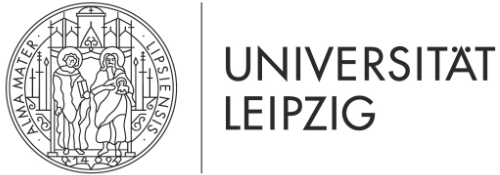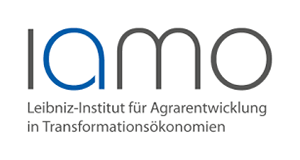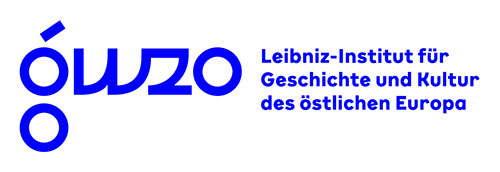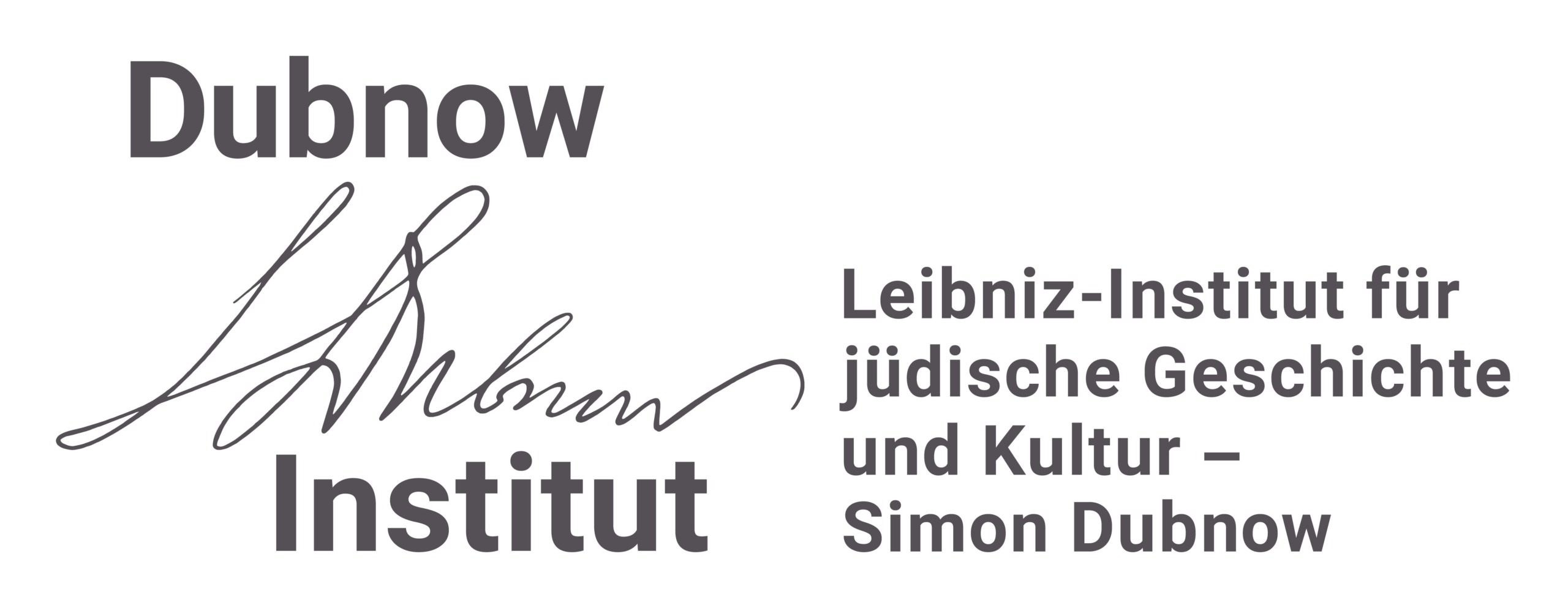Erika Nagy
Stay at EEGA: October 2023 – January 2024
Research Project: The scalar organisation of state power and the changing scope of local agents to respond to global crises in various CEE contexts
Erika Nagy is a geographer, works as a senior research fellow at the Centre for Economic and Regional Studies/Institute for Regional Studies in Békéscsaba, Hungary. She did her PhD in Social Geography (1999). She is an organiser and co-founder of TÉR Műhely/’Space Group’ assembling critical social scientists focusing on spatial processes in Hungary, and an editor of Tér és Társadalom/Space and Society. Currently, she’s is working on projects focused on housing financialization and inequalities, spatial marginalization and patterns of alternative food production, all anchored in a combined critical political economic and feminist approach. She is a lecturer at the University of Debrecen and the ‘Geoscience’ Doctoral School, University of Szeged.
The project supported by the EEGA is focused on a systematic comparison of post-GFC trajectories of the (re)arrangement of state power and spaces in CEE to reveal, how subsequent crises impacted the position of municipalities in the changing regulative-institutional fixes. The dimensions of inquiry should be on the municipal scope in development policies, the distribution of public funds, controlling public services, the legitimacy of local leadership moreover, the political struggles shaping various paths of de/re/municipalization in CEE. In this way, we should get an insight not only in the emergence of a variegated political map of the region in relation to subsequent global crises, but also in systemic changes entailing different agencies in local development paths.
By reviewing local case studies from selected countries, the project should grasp (i) how global crises were ‘localized‘ in policy narratives; (ii) how the position of municipalities in the multilevel polity effected the emergence of local agency shaping (changing/maintaining) development paths, institutional arrangements and practices in local spaces; (iii) whether sustaining community control (strong, democratic municipalities) over local processes entails social and environmentally less exploitative development trajectories in the eastern periphery of Europe.








